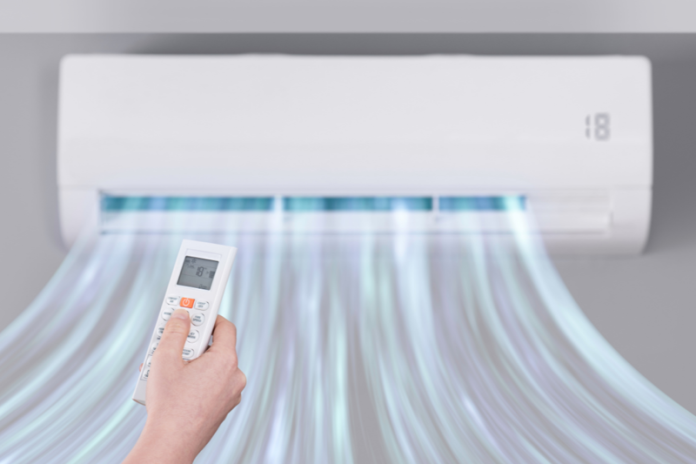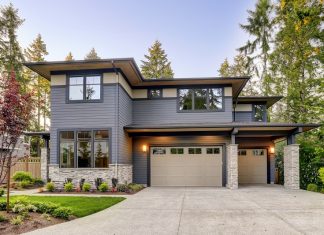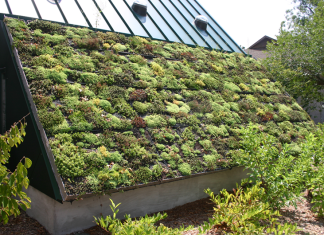Inverter air conditioners are more energy-saving than their non-inverter counterparts because the compressor motor doesn’t need to start and stop frequently.
After reading this article, in a nutshell, inverter tech keeps your AC running smoothly, saving energy and ultimately cutting down on your electricity bill. For top-notch HVAC services in Northern Virginia, check out the following site: https://www.cloverco.com/service-area/northern-virginia/hvac/.
Energy efficiency
Inverter ACs consume significantly less power than non-inverter systems because their compressor motor only activates and deactivates as needed, saving energy usage.
Non-inverter systems utilize different speeds to adjust the temperature, consuming more power. Non-inverter units may consume 46% more energy.
The inverter circuit uses energy-saving features like cruise control in a car to regulate the compressor motor’s speed, thus controlling output and conserving energy over time. This feature has proven energy efficient and has contributed significantly to long-term savings.
Noise
Inverter air conditioners are likely to be quieter than non-inverter models due to their variable capacity settings and less frequent on/off cycling compared with non-inverter ACs, which run at full capacity all of the time and produce much louder noise levels.
It is similar to running a marathon rather than sprinting, which requires more effort but uses less energy in the long run. This feature makes inverter ACs ideal for those seeking peace without frequent on/off noises interrupting work or sleep.
An inverter circuit converts the alternating current (AC) from your home electricity source into direct current (DC), enabling it to regulate the rotational speed of the compressor.
DC inverter circuits also chop voltage up and down at various frequencies, which helps minimize electromagnetic noise while avoiding electrical disturbances that could interfere with other appliances in your house.
Unfortunately, this requires more complex electronic control components that drive up costs significantly; to achieve optimal performance and durability inverter AC, you should purchase from an established brand name.
Longevity
An inverter air conditioner can last 15 years or more and cost more upfront but will save money in energy costs over time.
Inverter circuits transform DC voltage to AC using full-wave rectification. A capacitor then charges and discharges, creating an almost sine waveform from this new alternating current source.
Non-inverter air conditioners consume much of their energy due to frequent starting and stopping, placing extra stress on their compressor motor and leading it to wear out faster than an inverter air conditioner.
Inverter ACs operate at a consistent motor speed and power output, making them much more energy-efficient than non-inverter models. Like cruise control for your car, inverters maintain constant rates to minimize engine wear.
Maintenance
Unmaintained inverter ACs may become problematic, leading to unexpected client downtime and creating stress for your team. To minimize this risk, it’s crucial to implement a preventive maintenance strategy using an asset management software package that makes scheduling consistent while decreasing system failure risks.
Instead of switching on and off frequently, inverter technology utilizes a computer to adjust the rate of refrigerant through the evaporator coil, allowing air to spend more time within its cooling zone and leading to improved dehumidification.
However, this also means that the compressor motor will run at a lower speed compared to traditional non-inverter ACs – something essential to bear in mind before making your purchase decision. Furthermore, inverter systems may cost more than non-inverter ones upfront but can save on energy costs over time.















